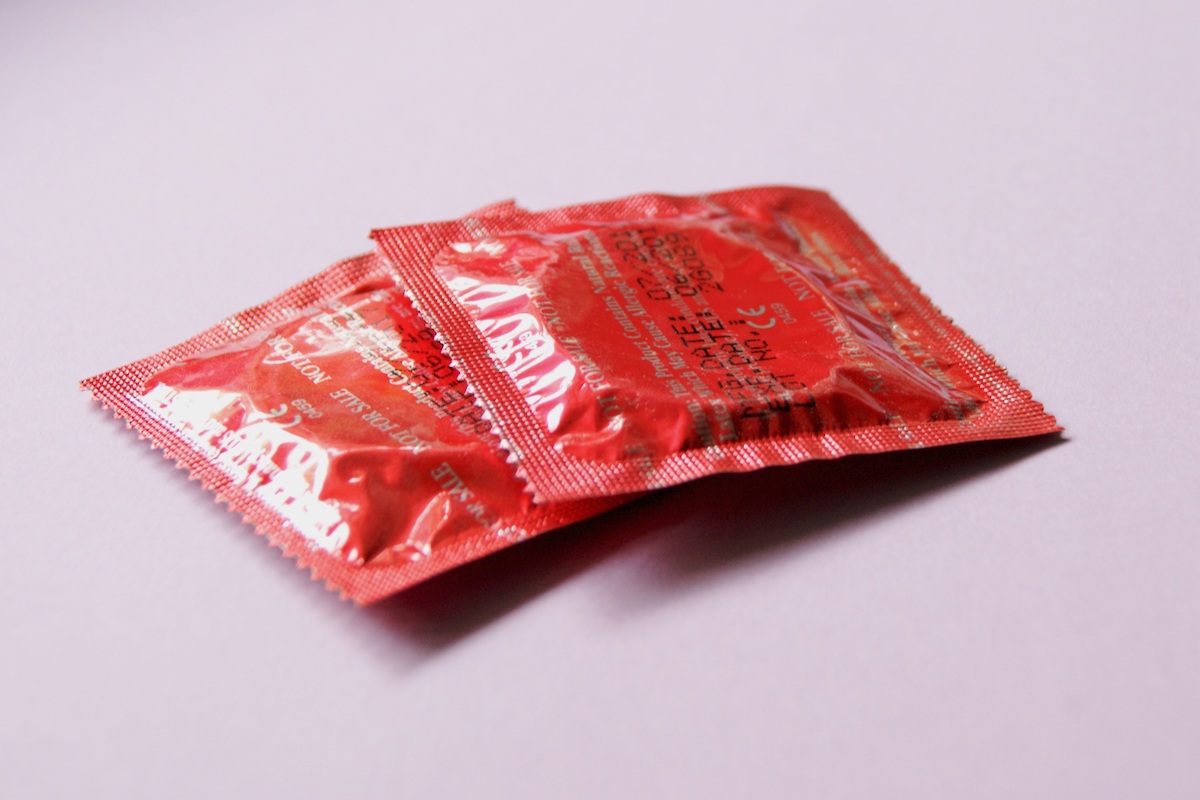Yes, babies are cute, but if you're not in the position to become a parent, then it's important you're in the know on all things birth control. There are multiple options, the research is ongoing, and its history is pretty interesting. You may think you know all about it, but here are five things you might not know about birth control.
1. There are more types than you think
There are so many different ways to prevent pregnancy—more than ever before! The Halifax Sexual Health Centre lists 14 types of birth control, and each type has several brands and alternatives. From birth control patches and oral contraceptives to copper IUDs and implants, there's a wide range of options to choose from and there's pretty much something for everyone.
If you have questions about your birth control options, you can Ask a Nurse online or stop by the Student Health and Wellness Centre in Halifax, or Health Services in Truro, to speak with a health professional.
2. Certain types can mess with your sex drive
That's right, some birth control, especially hormonal birth control like the pill, can actually lower your sex drive. It doesn't happen to everyone, but it happens to some. If you notice any difference in your libido after starting a form of birth control, you can explore other options that will get your libido back on track. Talk with a health professional about your options.
3. Few options actually protect against STIs
Latex condoms are pretty much the only form of birth control that also reduce the risk of STIs. If you want to lower your risk of acquiring STIs, or transmitting them to your partner, make sure that you use condoms even if you're already using another form of birth control.
And don't forget to get tested for STIs regularly. If you're in Halifax, you can stop by the Student Health & Wellness Centre, or one of the pop-up clinics happening on campus. If you're in Truro, stop by Health Services for STI testing.
4. Condoms aren't just for males
There are also condoms designed for females to wear, called female condoms (or internal condoms), and they provide pretty much the same great protection from pregnancy and STIs. The effective rate is a bit less than male condoms, but they can provide convenience and control.
Fun fact: You can pick up free male and female condoms from the Student Health & Wellness Centre during their operating hours.
5. The pill has a funny history
The birth control pill was initially approved in 1957 for “severe menstrual problems,” and came with a warning label that they may prevent pregnancy. Two years later, it got approved for contraceptive use, and became an instant hit among millions of women!

